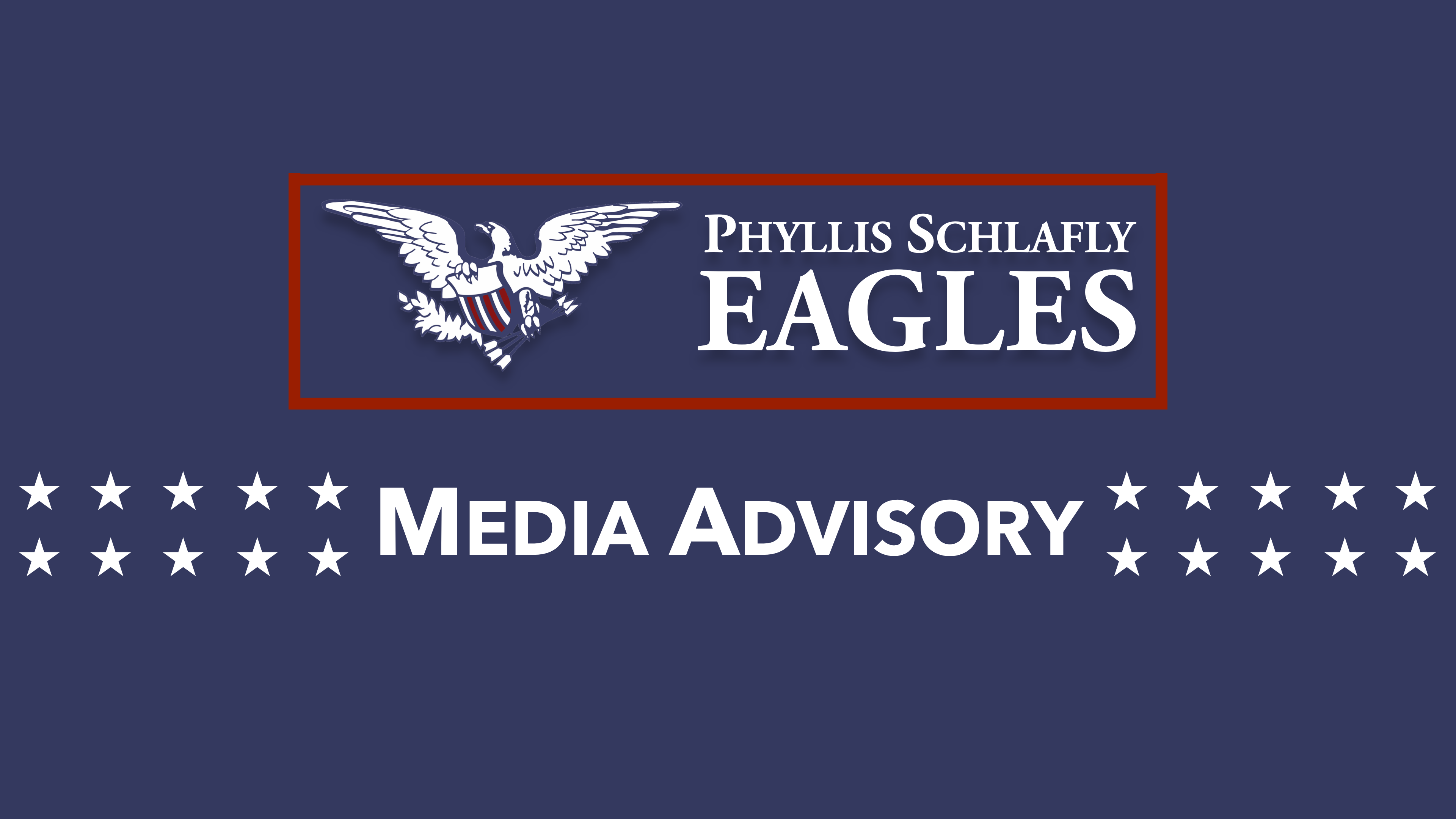For Immediate Release: June 27, 2022
Contact: Ryan Hite, Communications Director
Washington, D.C.: “Praying in public is not a crime, and the Supreme Court has reaffirmed this American truth by siding with former Football Coach Joe Kennedy,” said Ed Martin, President of the Phyllis Schlafly Eagles. “Kennedy left the Washington state high school after pressure from the district, but the High Court has solidified what the American public has known all along — they were absolutely wrong and had violated Coach Kennedy’s right to free expression!”
Joe Kennedy, who began coaching football at Bremerton High in 2008, would say a brief prayer on the 50-yard line after games. In 2015 the district attacked him in performance reviews, citing his conduct in these private prayers. He subsequently left the district and sued, citing restrictions on the free expression of his religion. The school district argued that because the field was government property, he should not be allowed to publicly pray.
“Today the Supreme Court has re-opened the door for employees of public institutions to practice their religion as they see fit,” Martin continued. “The left has long used the fabricated ‘wall of separation’ between church and state to punish employees and discriminate against Christianity on the grounds of the First Amendment. Thankfully the Supreme Court has ruled against not only this mistreatment and suspension of Coach Kennedy’s First Amendment rights but the freedom of religion for all Americans, especially government employees.
“The 6-3 majority didn’t stop at just a narrow ruling over Coach Kennedy. Instead, they went so far as to challenge the Lemon test altogether, which has long been used to prohibit ‘excessive entanglement’ between government and religion.’ The opinion issued today, authored by Justice Gorsuch, rightly calls out the shortcomings of ‘Lemon’s “ambitious” abstract,’ and instead instructs that furthermore the Establishment Clause ought to be interpreted in light of historical practices and understandings. The opinion explained that in the opinion of the Court, the two clauses on religious liberty are ‘complementary’ in purpose, not at odds with one another.
“This is not only justice for Coach Kennedy, but a huge victory for religious liberty moving forward. It’s another landmark piece of jurisprudence by our Supreme Court.”
###






